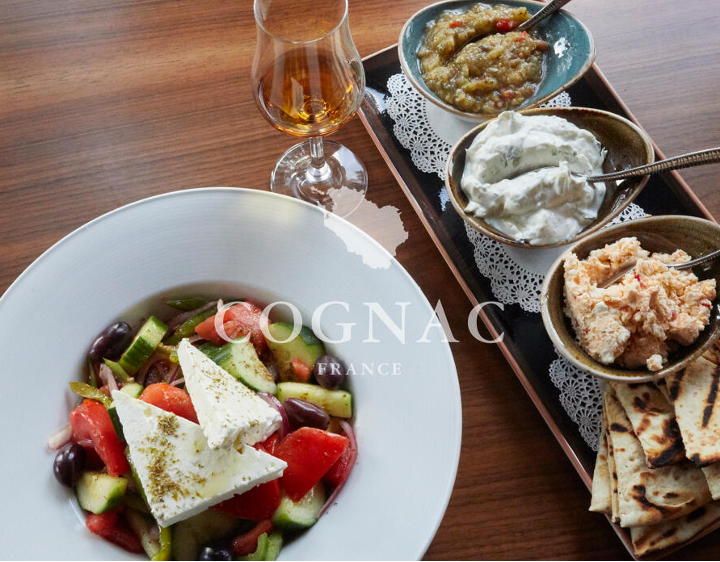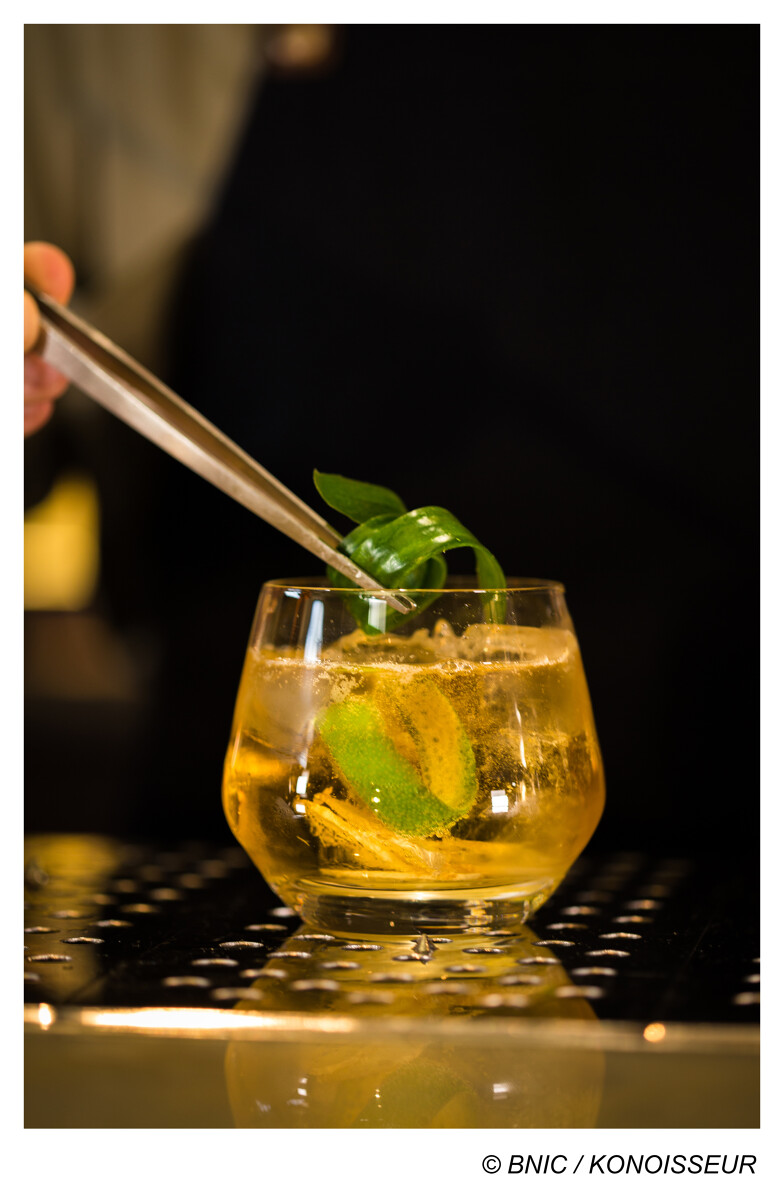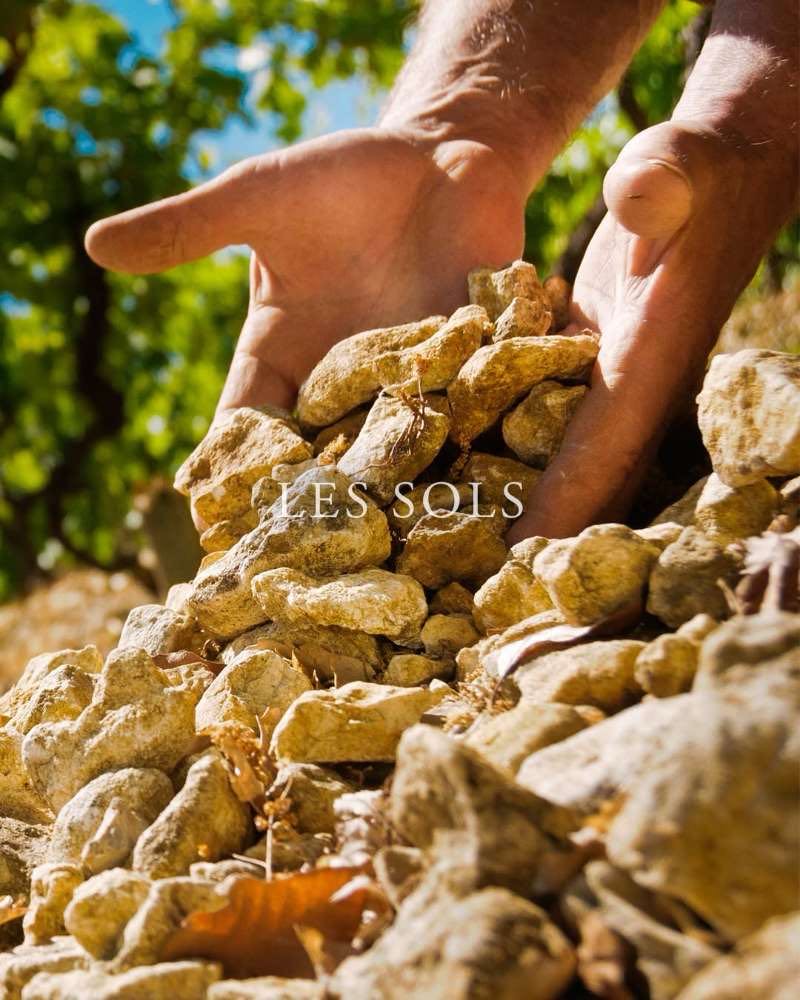Interview with a professional (Yan Wei) | Discoveries

Copyright Yan Wei
Q. Can you tell us about how you got involved with Cognac and why you like it?
I pursued a master’s degree in management at a French business school, during which I had the opportunity to connect with an importer from China through the internet. He later approached me to assist him in sourcing high-quality spirits from the renowned Cognac region in France. During this search, I gradually became acquainted with various Cognac producers and gained extensive knowledge about Cognac. Upon completing my studies, I ventured into the Cognac sector and have been actively involved ever since. I must admit that my journey with Cognac unfolded serendipitously.
Initially, I was drawn to Cognac for its captivating aromas and exceptional craftsmanship. However, as I delved deeper, I came to appreciate the unwavering pursuit and resilience exhibited by countless Cognac families throughout history. Today, Cognac has become more than just a beverage to me. It embodies cultural values and represents a way of life that I wholeheartedly embrace.
Q. What made you decide to become a Cognac Educator? Or what prompted you to choose to become a Cognac Educator?
After working in the Cognac sector for 7 years and making significant contributions to the region, I had the unexpected opportunity to pursue further know-how at the BNIC (Cognac’s interprofession) and become a Cognac Educator. Given my extensive knowledge and experience in the field, I successfully passed the assessment and became a certified Cognac Educator. It is my personal passion to provide a comprehensive and systematic understanding of Cognac to enthusiasts in China, fostering a deeper appreciation and love for this remarkable spirit.
Q. Can you share with us some trends you have observed in the recent years regarding Cognac in China?
Cognac was historically limited to the southern coastal provinces in China, but with increased promotion, education, and the influence of lifestyle trends, it is now making inroads into traditional Baijiu markets in the western and northern regions. Notably, the emergence of prestigious culinary guides like the Michelin Guide and the Black Pearl Restaurant Guide has emphasized the importance of wine pairing, thereby driving the future growth of high-end dining establishments. As a versatile and inclusive Western spirit, Cognac is poised to gain more recognition and consumption as the high-end dining scene expands and evolves.
Q. If you want to deepen your understanding of Cognac and enrich your knowledge of the spirit, what learning recommendations do you have, such as tasting Cognac frequently or using online resources such as Cognac WeChat mini programs?
Traveling thousands of miles surpasses reading books, just as understanding Cognac requires more than theoretical discussions. It necessitates exploring the stories of different brands, tasting and comparing them frequently. This approach provides a clearer grasp of Cognac’s overall style and individual characteristics, leading to the formation of unique insights. Obtaining relevant knowledge from the internet is also valuable. However, it’s important to note that online information about Cognac may not always be entirely accurate, and some data and statements might not reflect the latest updates. Therefore, it is advisable to consult the official Cognac WeChat mini programs and official learning materials and courses for reliable information when studying the theory.

Q. We all know that Cognac has rich aromas. Can you share some insights into Cognac pairing with food? For example, dishes from your hometown.
Cognac is a blended spirit composed of base wines with varying vintages and aromas, falling into the category of compound aroma spirits. Its aroma harmonizes easily with the flavors of food, allowing Cognac to pair well with a wide range of dishes. When pairing Cognac with food, the key principle is to achieve a complementary and enhanced flavor experience. Therefore, the food chosen should neither overpower the delicate aromas of the Cognac nor be too subtle to overshadow the food's own flavors. In general, nearly all major Chinese cuisines can be enjoyed alongside Cognac, with the exception of dishes like sashimi or those that prioritize the original taste of the ingredients. As a native of Chengdu, in the realm of Sichuan cuisine, it is challenging to think of any dishes that do not complement Cognac, including hot pot.

Q. Which Cognac cocktail do you like the most?
Personally, I believe that Cognac is a premium spirit that showcases the mastery of blending by a skilled distiller. Its exquisite flavor requires a curious palate. When it is bottled, it is at its peak, reflecting the distiller's intended taste, and any additional elements can interfere with its inherent beauty. For this reason, I prefer to savor Cognac neat, without any mixers. However, if I were to choose a Cognac cocktail that I enjoy, the Summit stands out to me with its refreshing and invigorating taste.
Q. Finally, is there anything you would like to say to us Cognac enthusiasts?
Low is not just a pace, but also a mindset and an approach!
Discover the diversity of Cognac vineyard soils
The land that creates legends Holds the secret to its distinctive character deep within its vineyard soils







